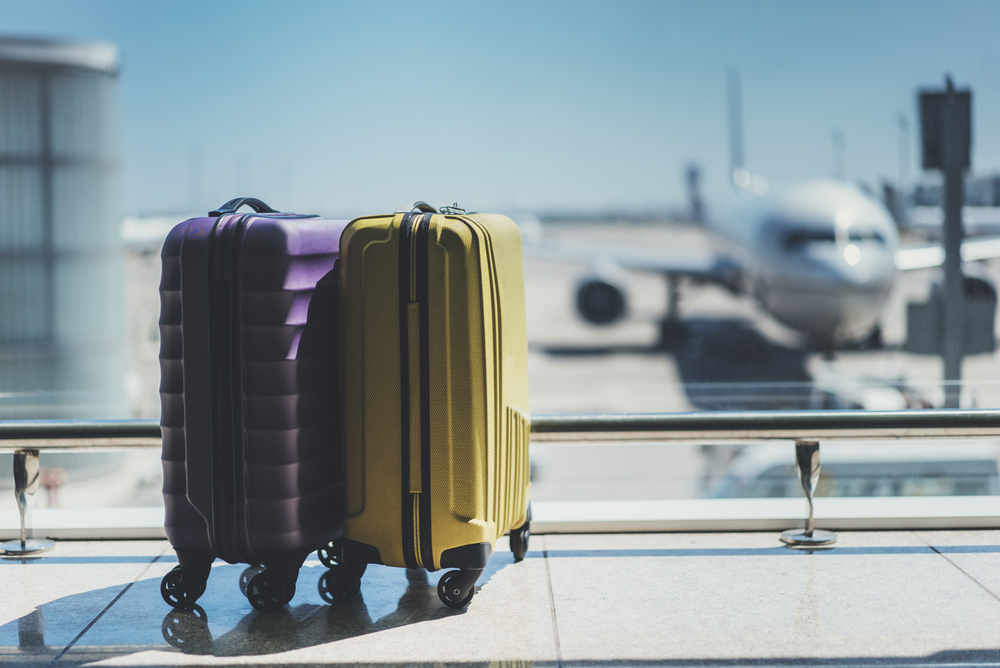Former expat Darren Krakowiak shares his thoughts on how to ensure a smoother landing when returning home.
Expatriate life has changed. As developing markets mature, multinational companies are increasingly relying on local employees rather than expats to lead key senior functions. Short-term impacts, like the current coronavirus, can also stem or reverse the flow of expats. Others just see their time overseas reach a natural conclusion.
The result? A continual flow of expats – including those on traditional expat packages – returning home. This process is known as repatriation.
When I returned home to Melbourne in March 2019, after more than 11 years in Seoul, I thought I was well prepared. In reality, I underestimated how accustomed I was to the Korean way of living and working. With this in mind, here are four things that expats should factor into the repatriation process.
#1 Understand that re-establishing old networks and growing new ones takes time
It will take time for relationships to get back to where they were before you left. People will have developed closer bonds with others while you were away. So, be prepared to make the effort by reaching out to people, being the one who follows up, and seeking out new introductions. You probably have some experience in this area as an expat. Making friends as an expat is relatively easy – you already have one big life experience in common. It takes more effort back home!
Before arrival, contact close friends to let them know you’re coming home. In conversations, listen to figure out what’s important to people. While you no doubt have some great tales about your overseas adventures, it’s unwise (and a bit self-indulgent) for those stories to be the basis for all your conversations. Also, some people may contact you soon after your return saying, “I can’t believe you haven’t contacted me since you’ve been home!” You might forget to reach out to someone; people often place the onus on you to initiate contact. Consider making a list of people to contact, so you avoid unintentionally slighting anyone.
#2 Remember that it could cost more to maintain the kind of lifestyle you’re accustomed to
There are still plenty of expats today who are on lucrative salaries. Some of the well-heeled ones can enjoy diplomat-type perks such as housing, drivers, domestic helpers and other luxuries that they may not be inclined to pay for (or afford) themselves. Given the costs involved, it’s not surprising that some companies are sending expats home!
Unless you lived in a very high-cost city or you hail from a low-cost locale, most things will probably cost more back home. Little things like taxi fares and bottled water, and bigger things like a trip to the dentist or a restaurant dinner and a movie can all cost more. I hope you’ve saved some money while overseas, because when you get back, you’ll probably need some big-ticket items like a car and home appliances. Make a realistic budget for what the re-entry phase will cost, and for ongoing living expenses. If you’re arriving home to a new job, enquire about a relocation allowance before accepting the position.
#3 Don’t expect people to be impressed by what you’ve achieved overseas
Your overseas experience may not be valued as highly as the equivalent local experience. Fair enough, too: it can be hard for people to relate to something that has no relevance in their world. And while you’ve been kicking goals overseas, they’ve been getting on with their own lives.
For example, if you managed a business with X number of employees while overseas, it’s not going to be as impressive to most people as if you’d managed a business with X employees at home. It may well be more difficult to accomplish this feat overseas (in your opinion, anyway), but it’s simply not as relevant to the local market.
This doesn’t mean you should discount your experience. Instead, see it in the context of your new surroundings. You could point out how your expertise is relevant to specific situations; or, offer ideas and solutions that draw from your experience. Just be mindful not to brag or big-note yourself: come from a position of humility and look for ways to help.
#4 Consider the impact that the move will have on your family
 If you’re part of a couple, it’s not just you who is going through the repatriation; it’s your significant other, too (and possibly children). Try not to over-burden family with your work issues. Instead, identify common challenges and support each other through the readjustment.
If you’re part of a couple, it’s not just you who is going through the repatriation; it’s your significant other, too (and possibly children). Try not to over-burden family with your work issues. Instead, identify common challenges and support each other through the readjustment.
My wife and I met in Seoul, and she has moved to Melbourne for the first time (a different experience to repatriation). I’ve tried not to burden her with my repatriation pains – though, of course, we’re there to support each other when needed. If anything, put your family’s challenges first, as helping them may put your own adjustments in context.
On the other hand, my returning home has had a positive impact on my relationships with other family members. Moving back home means being closer to those from which you have spent time away.
Being an expat can be great for your career, presenting opportunities that are unavailable at home, and experiences different from those of locals and tourists. You gain a broader perspective that lasts a lifetime. And, while some degree of reverse culture shock during repatriation is probably inevitable, the size of it will depend largely on your preparation and state of mind.
There are heaps of things to be excited about when returning home. The more time taken to prepare, the smoother the landing will be.
Darren Krakowiak is the Founder of CRE Success. You can visit his website. Darren is on LinkedIn and Twitter (@darrenkrakowiak). To join a community for repatriates, see @repatexpats on Instagram and Facebook.
Like this? Read more in our Living in Singapore section.





